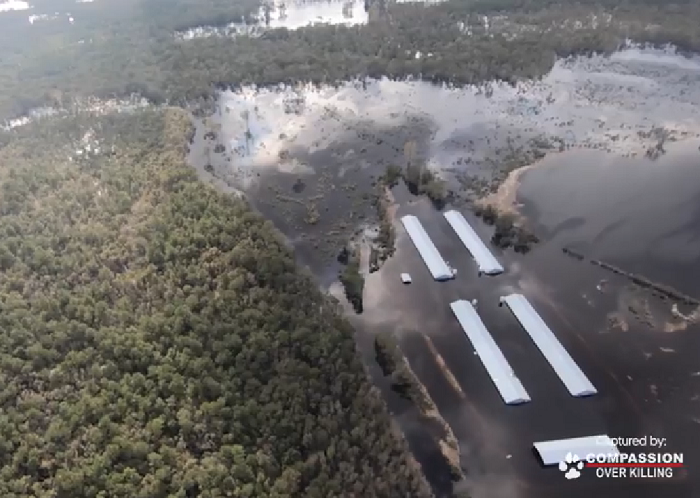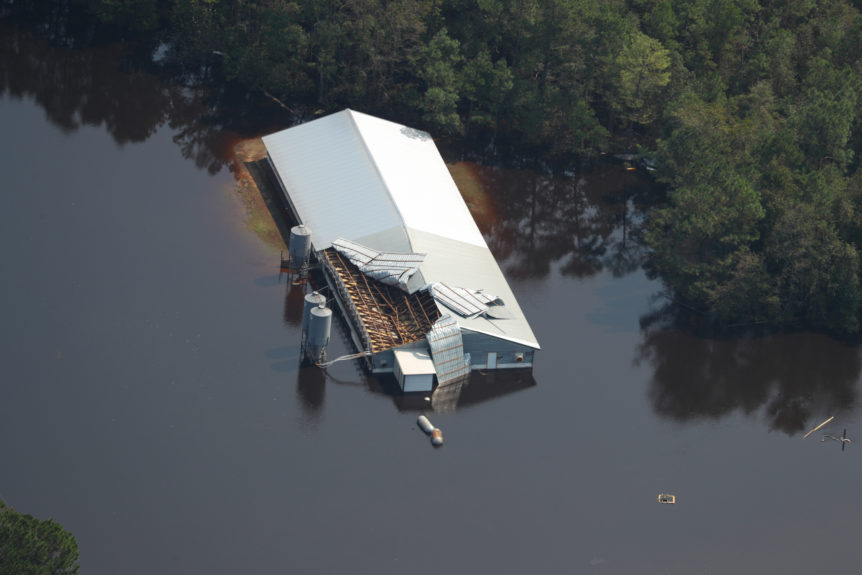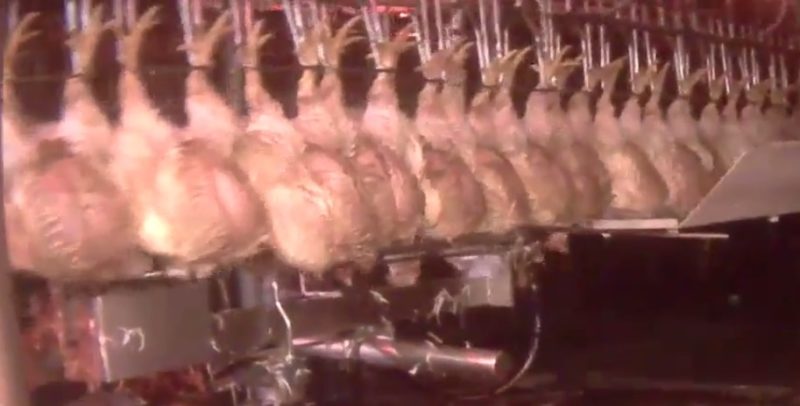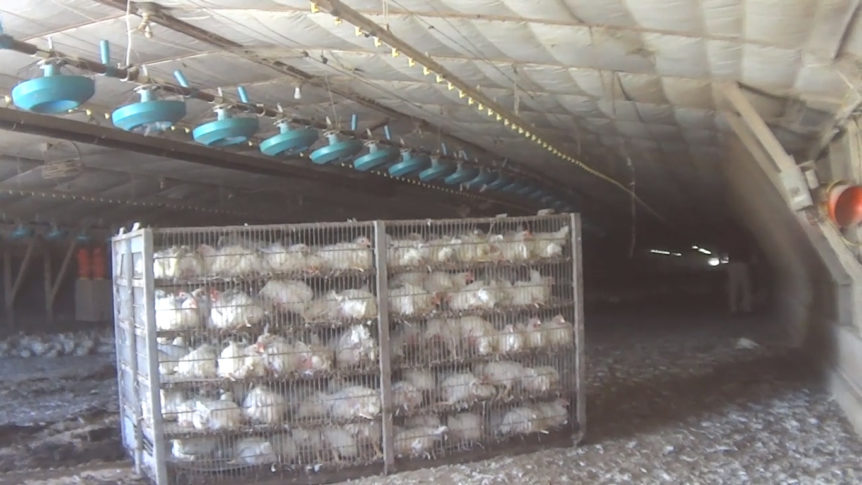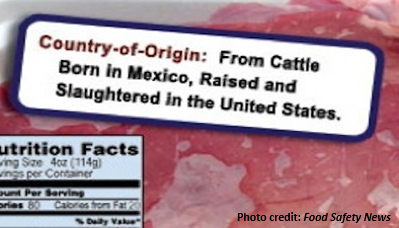Following devastating Hurricane Florence in 2018, Animal Outlook investigators were on the ground — and in the air — in North Carolina. Among the devastating flooding, they documented the toll of this deadly storm on the environment, surrounding residential areas, and on animals. It is a severe toll that’s been multiplied by factory farms, where manure lagoons have spilled tons …
Shocking Before & After Hurricane Florence Photos Show Devastation on Factory Farms
Days after Hurricane Florence, North Carolina continues to struggle to recover. And as predicted, the storm’s impact has been devastating, particularly for vulnerable communities near factory farms located within the Cape Fear River watershed. As record rainfall flooded farms, Florence’s death toll continues to rise. So far the storm has claimed the lives of an estimated 5,500 pigs and 3.4 …
COK & Coalition Oppose Chicken Industry’s Dangerous Plan to Increase Line Speeds
Compassion Over Killing (COK) has voiced grave concerns to the US Dept. of Agriculture (USDA) over the chicken industry’s proposal to increase already dangerously fast slaughter line speeds and urged thousands of supporters to submit comments to the federal agency. Today, along with a coalition of animal welfare, food and consumer safety, and worker rights organizations, we’ve announced that more …
Govt. Report: Factory Farms Denying Workers Bathroom Breaks
Not only do animals suffer on factory farms, but workers do, too, enduring long hours in often dangerous conditions, and even sustaining serious injuries. This year, a National Employment Law Project (NELP) report, tracking severe workplace injuries, stated that, “The number of incidents reported by the meat and poultry processing industry is startling.” Now, a new report from the Government …
Where’s The Beef (From)? The Meat Industry Doesn’t Want You To Know
Most people want to know where their food comes from – and believe that fundamentally, they have the right to know. However, the US meat industry disagrees and is fighting to keep consumers in the dark as long as possible. In 2002, Congress passed a Country of Origin Labels law, commonly referred to as “COOL.” This law requires that on …

